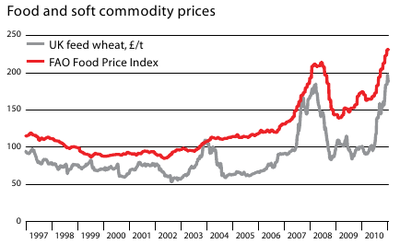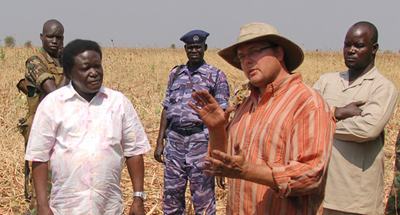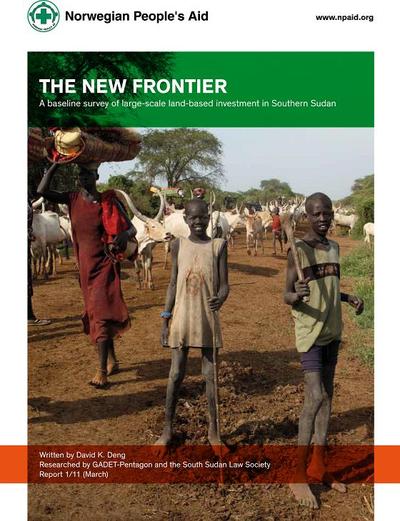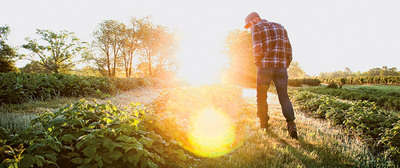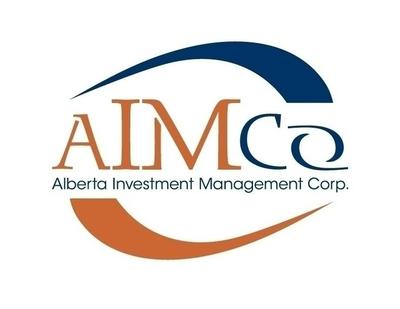Canadian farmland & agri-business investment seminar to be held September 22 in Toronto
- Bonnefield
- 22 June 2011
leading experts in Canadian farmland investment and agri-business investment will meet at the Canadian Farmland & Agri-Business Investment Seminar.






